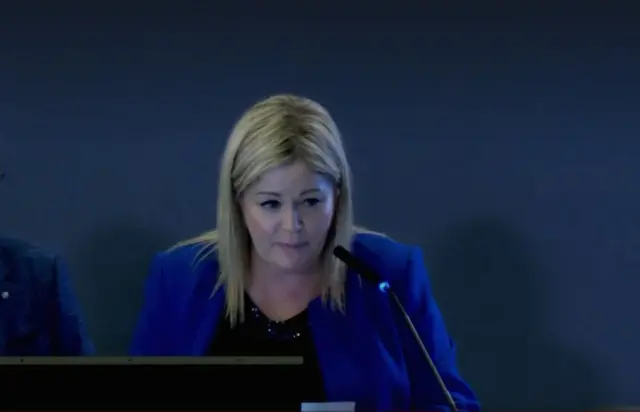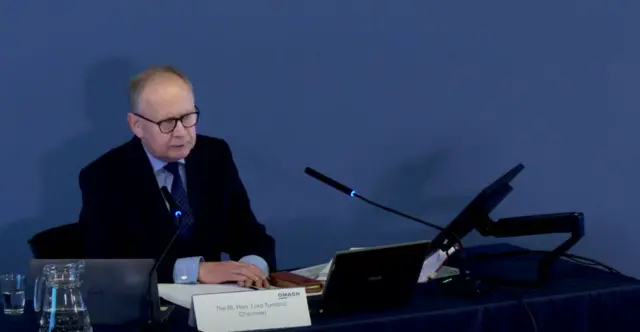Welcome backpublished at 09:45 GMT 12 February
Hello and welcome back to BBC News NI's live coverage of the Omagh Bombing Inquiry as the third week of hearings continues.
The public inquiry was set up by the government to examine whether the 1998 explosion could have been prevented by the UK authorities.
Over the past two weeks, the inquiry has heard commemorations of victims of the Omagh bombing. On Tuesday, the inquiry moved into a new phase and is now hearing from witnesses and people who were injured in the Real IRA attack.
Today we are expected to hear from:
- Donna-Marie McGillion
- Garry McGillion
- Jaime McGlinn
- Caroline McKinney
- Read statements of Caroline Taggart and Katrine Gault
The inquiry is due to begin at 10:00 GMT.

